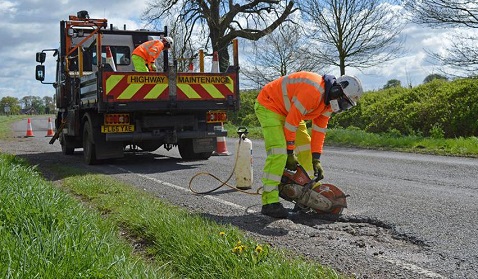Victorian councils lack the comprehensive data needed for cost-efficient and effective road maintenance, a new audit report says.
The Victorian Auditor-General’s Office (VAGO) audited five councils across a spread of types and sizes to determine whether they were achieving value for money when maintaining their road network.
Its report, Maintaining Local Roads, concluded that the councils could not determine whether their road maintenance program was cost-effective because “they lack the detailed cost data they need to analyse and benchmark their performance”.
In addition, the report said some councils:
- have gaps in their road condition data; and
- are not effectively engaging their communities to understand road users’ needs.
Three of the five audited councils were reliant on visual surveying to collect road condition data, which the report said can be less accurate and more time-consuming than surveying using modern equipment such as laser-based devices.
The report has recommended all Victorian councils review their road surveying methods and consider options to incorporate technologically advanced surveying equipment.
It has also advised councils to provide communities with detailed information on service levels for road maintenance and collect their feedback at least once every two years.
“Councils must proactively engage with their communities to understand what they need and expect from the road network,” the report says.
“Community engagement is also an opportunity for councils to educate communities on planning considerations, such as budgets and service levels.”
In related news, the preparation of ALGA’s 2021 National State of the Assets (NSoA) Report has reached the data validation and analysis stage, with publication due to coincide with the National General Assembly in June.
One of the core objectives of the NSoA project is to provide aggregated data and performance trends for local roads and other local council asset groups to ensure they are in good repair and meet community needs.



